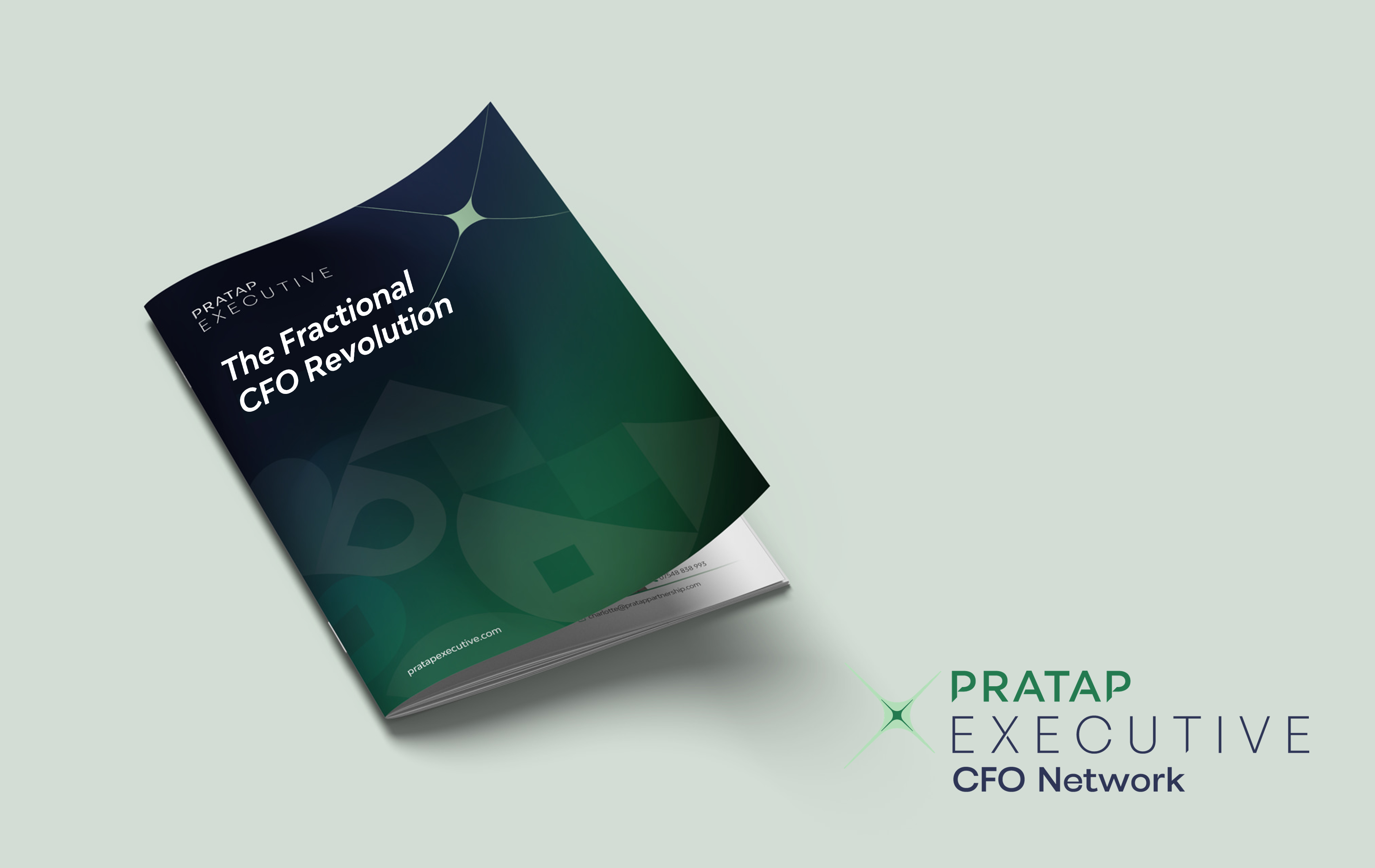Unlocking Success – Insights from Patrick Lynch and Marcus Patrick
In our third article, Nik explores getting the timing right to transact for shareholders, with contributions from Patrick Lynch and Marcus Patrick
Unlocking Success – Insights from Patrick Lynch and Marcus Patrick
In our third article, Nik explores getting the timing right to transact for shareholders, with contributions from Patrick Lynch and Marcus Patrick

Our most recent articles have looked at the collective strength and potential for the OMB sector in the UK. There is a growing consensus that 2024 is going to be an exciting year in this market – so many businesses are ready to look at their corporate structures to reward their existing shareholders, plan for further growth and to act before any anticipated changes to Capital Gains Tax that may happen after the election.
Getting the timing right to transact for shareholders can be lead by hitting the right target numbers, the market at the right time or just when time has been afforded to get into the right headspace. We have been speaking to an expert adviser and an experienced growth / exit CFO this week to get their input.
Patrick Lynch is Director at Castle Square Corporate Finance and winner of the coveted South Yorkshire Emerging Dealmaker of the Year in 2021:

"For successful businesses there is never a wrong time for owners to initiate or plan for an exit event. Planning and shaping a business for an exit event often results in successful exits and maximisation of shareholder value.
In recent years, we have seen more and more owners of successful businesses opt to crystalise part of their equity value whilst also retaining an equity interest in the company alongside a new equity partner.
Five out of the last ten transactions completed by Castle Square included some form (majority or minority) of equity reinvestment by existing shareholders.
Whilst this may not be suitable for all businesses and business owners, this type of transaction provides the business owners the opportunity to de-risk, as well as benefiting from future growth of the business, with support from an investor who can often help accelerate growth and unlock the businesses true potential.
For business owners considering an exit to maximise value it is important that the business is well invested from an infrastructure perspective. Most importantly, over-reliance on business owners will often impact value and/or structure of a proposed deal.
Buyers in most cases will place greater value on businesses with mature, well- invested management teams, who are willing and capable of assisting the new owners take the business through its next stage of growth. Whilst this may be a cost to the business in the short term, the medium to longer term benefits of having a strong management team in place will most likely be seen through growth in profitability over a sustained period and often higher valuations on an exit event."
Marcus Patrick is a CFO who has specialised in working with entrepreneurial and fast-growing sectors across London and the North. Marcus has the experience of working with founders & shareholders, Venture Capital & Private Equity, boards & SLTs:

"I am still seeing a lot of appetite for investment across the PE/VC community. I have spoken to a few investment directors recently who are dealing with higher than normal levels of activity. This seems to be on the back of a slight decline in activity towards the end of 2022, pent up interest over the summer, and better news on interest rates.
There may sometimes be sector-specific considerations which impact exit timing but it is important to get the fundamentals aligned at the earliest opportunity. Although multiples will typically be driven by such considerations as market size, scalability, management team and barriers to entry, the timing of exit may also depend on where the business sits against comparable companies at any given point in time. A business will be in a stronger position if it can demonstrate favourable benchmarking in areas such as revenue growth, ARR, margin % and customer churn, and timing may well be dependent on when these are optimal. Quality of earnings will always be a key factor.
A further consideration on timing is general readiness to proceed with a deal. Again, preparation and planning are key to avoiding delays or problems. For example, businesses should ensure the business plan is clear, the financial model stacks up, due diligence files are readily available, company books are up-to-date, key customer and employee contracts are in a fit state and owner expectations are clear from the outset. Tax must also be a consideration and the need to optimise tax position may well influence timing of a deal."
In our next article - 'How can a CFO approach joining a high-growth SME?' we will be talking to a Big 4 Partner in West Yorkshire and a CFO who is currently working with one of the fastest growing OMBs in the UK.
Our team have a depth of knowledge & experience to advise shareholders. We can also introduce them to the right advisers and plan to ensure that they optimise their people plans to unlock their full potential. Please contact Nik Pratap if we can help you.











.jpg)